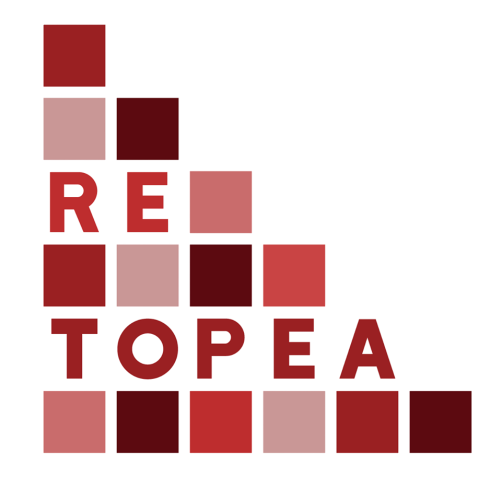Ohrid Framework Agreement: ‘the elephant in the room’
Kontext:
Das Rahmenabkommen von Ohrid ist eine Regelung, die einen siebenmonatigen Konflikt in Nordmazedonien im Jahr 2001 beendete. Es wurde von der Regierung Nordmazedoniens und Vertretern der ethnischen albanischen Gemeinschaft im Land unterzeichnet. Die meisten, aber nicht alle ethnischen Albaner in Nordmazedonien sind Muslime. Die ethnischen Mazedonier sind überwiegend ostorthodoxe Christen. Neben religiösen Unterschieden sprechen beide Gruppen eine unterschiedliche Sprache. In den Jahren vor 2001 hatten sich Spannungen zwischen den beiden Gruppen aufgebaut. In der ersten Hälfte dieses Jahres kam es zu offener Gewalt. Das Rahmenabkommen von Ohrid befriedete diesen Konflikt. Es regelte die Entwaffnung der albanischen Milizen. Außerdem gewährte es den Minderheitengruppen sprachliche und kulturelle Rechte. Der folgende Ausschnitt ist ein Auszug aus einem mündlichen Interview mit einem Bewohner von Lešok, einem mazedonischen Dorf in der Nähe von Tetovo.
For more information on this and other peace treaties, see
